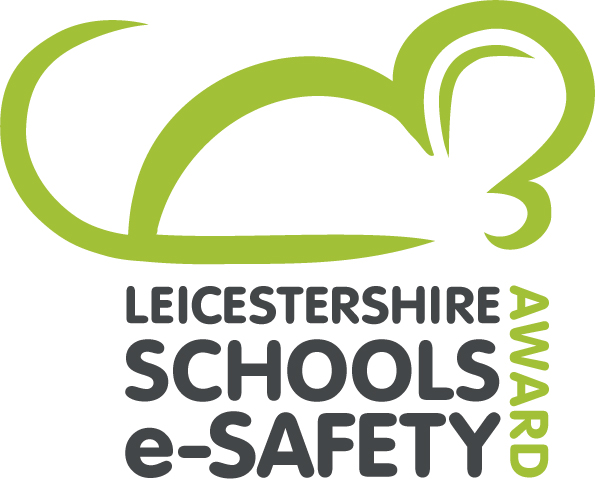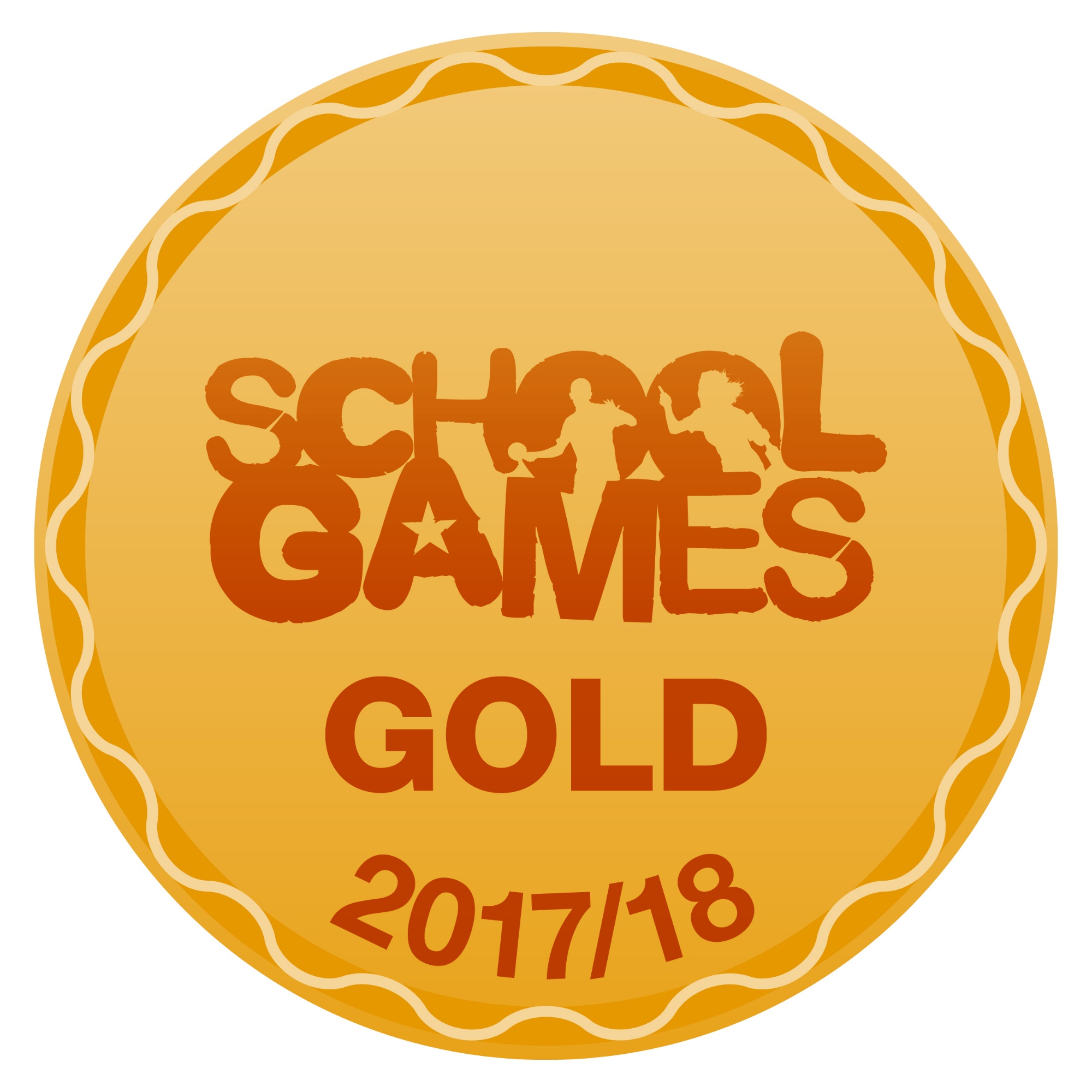Habits for Lifelong Learning
We expect and support all of our learners to, age appropriately, develop strong habits for learning and character as these are the qualities that shape our lives.
We explain to our learners, that a growth mindset enables us to value mistakes as opportunities for learning; promotes practise for mastery and helps us to be independent and resilient.
Our learning habits are organised into an acronym to help us remember.
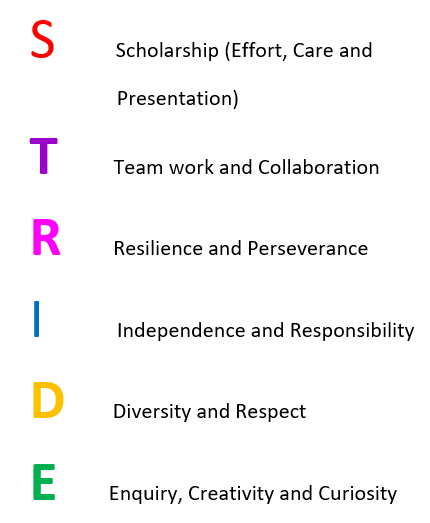
Each class has a description of the behaviours expected for each learning habit. Certificates are awarded weekly for showing great learning habits.
CHILDREN LEARN WHAT THEY LIVE
--Dorothy Law Nolte
If a child lives with criticism, he learns to condemn.
If a child lives with hostility, he learns to fight.
If a child lives with ridicule, he learns to be shy.
If a child lives with shame, he learns to feel guilty.
If a child lives with tolerance, he learns to be patient.
If a child lives with encouragement, he learns confidence.
If a child lives with praise, he learns to appreciate.
If a child lives with fairness, he learns justice.
If a child lives with security, he learns to have faith.
If a child lives with approval, he learns to like himself.
If a child lives with acceptance and friendship, he learns to find love in the world.
Scholarship (Effort, Care and Presentation)
In the world of work we must take responsibility for our choices, actions and words. We must be prepared to take risks, to have a go and to ask for feedback and support when we need it. We have to be both vulnerable and strong.
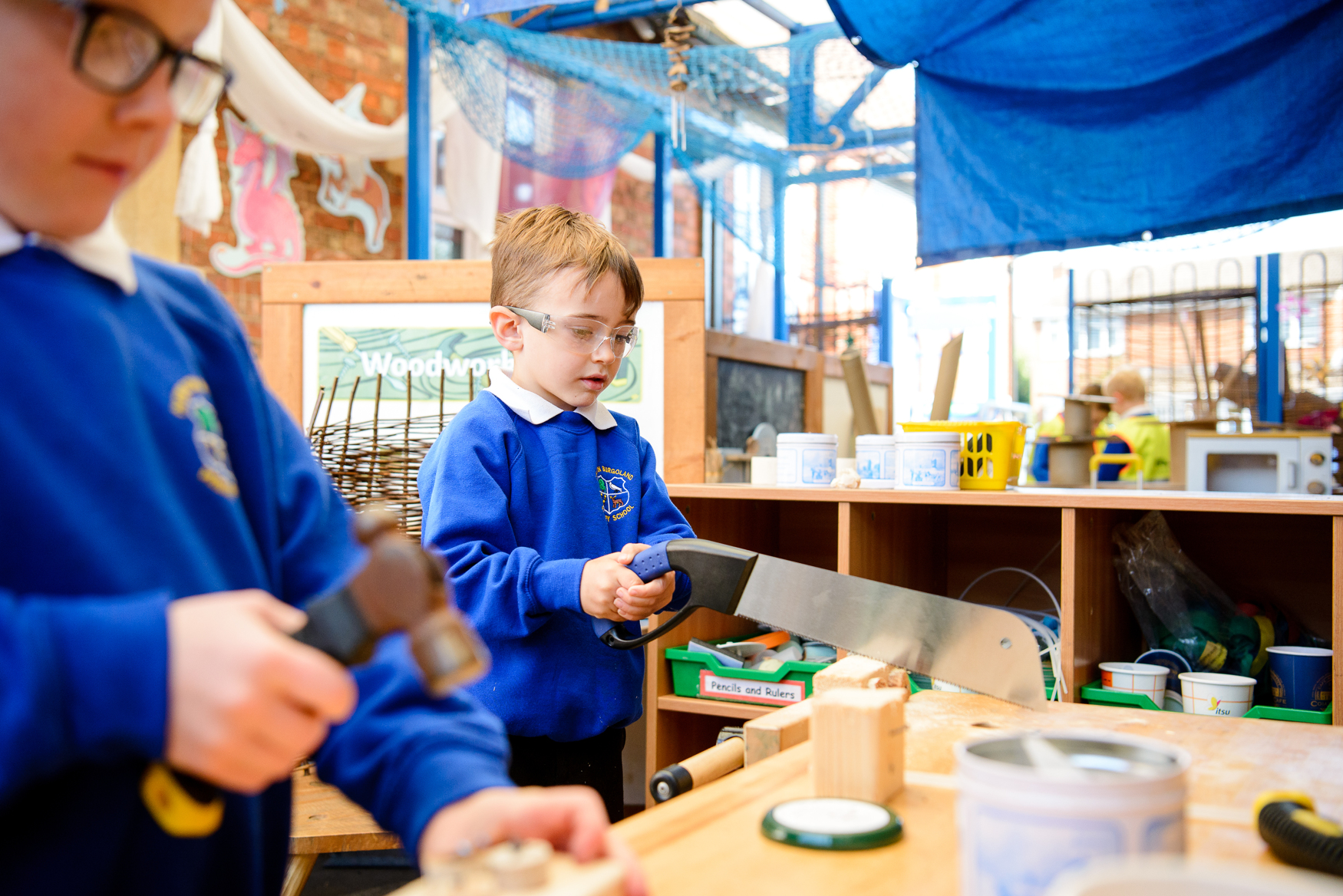
Know that we have high expectations of you because you matter.
EYFS/ Y1 - Preparing to succeed
- I track the person who is talking
- I listen with my eyes, ears and voice off
- I keep my body still during learning so that my body shows focus during carpet time
- I ask an adult for help with my work if I'm not sure
- I take care of classroom and outdoor resources
- I always do my best work
- I bring my belongings in a book bag and take care of my things
KS1 - Showing core values in our actions
- I am alert and engaged during class and I don’t fiddle or fidget.
- I keep my body still and show STAR sitting when asked to
- I listen actively by tracking the adult, keeping my voice off and participating when called upon
- I use my time well and don’t waste time or go to the toilet unless I really need to.
- I walk like a scholar; I do not disrupt others in the line
- I come to school every day ready to learn (unless I am really sick).
- I approach new learning with enthusiasm, positivity and zest.
- I try my best to produce work which I am proud of
- I complete my homework
- I bring my belongings in a book bag and put my belongings in the designated places
- I wear my uniform with pride
KS2 - Getting into achievement / cultivating good habits: we are what we repeatedly do
- I can focus on the task
- I can start work straight away
- I can use the Success Criteria
- I ask a question if I don’t understand
- I don’t distract my classmates during their learning time
- I track every speaker
- I make sure that I complete all of my home learning
- I look for new words and seek to incorporate these into my vocabulary and writing
- I take pride with all of my presentation
- I make today’s work better than yesterday’s
- I complete my homework and reading journal
- I come to school every day and on time in school uniform
- I bring my belongings in a book bag and put my belongings in the designated places
At home
I organise my equipment for PE and forest schools
I ask to read
I organise my time to complete homework
I play my part in the family. (setting the table, sorting washing etc)
Team work and collaboration
In the world of work, we have to be able to work with other people productively. It is a skill we have to learn and to practise- listening to the ideas of others; bravely sharing our own ideas even when we might get it wrong; adapting to meet the needs of other people; managing our feelings positively.
We often learn best when working with others. The act of communication, problem solving together and sharing knowledge is very powerful but it takes skill and practise to know when to share, when and how to listen. Some people are easy to work with, others less so but we have to learn to work with everyone.
At school we regularly change working partners so that we can develop the skills we need for life.
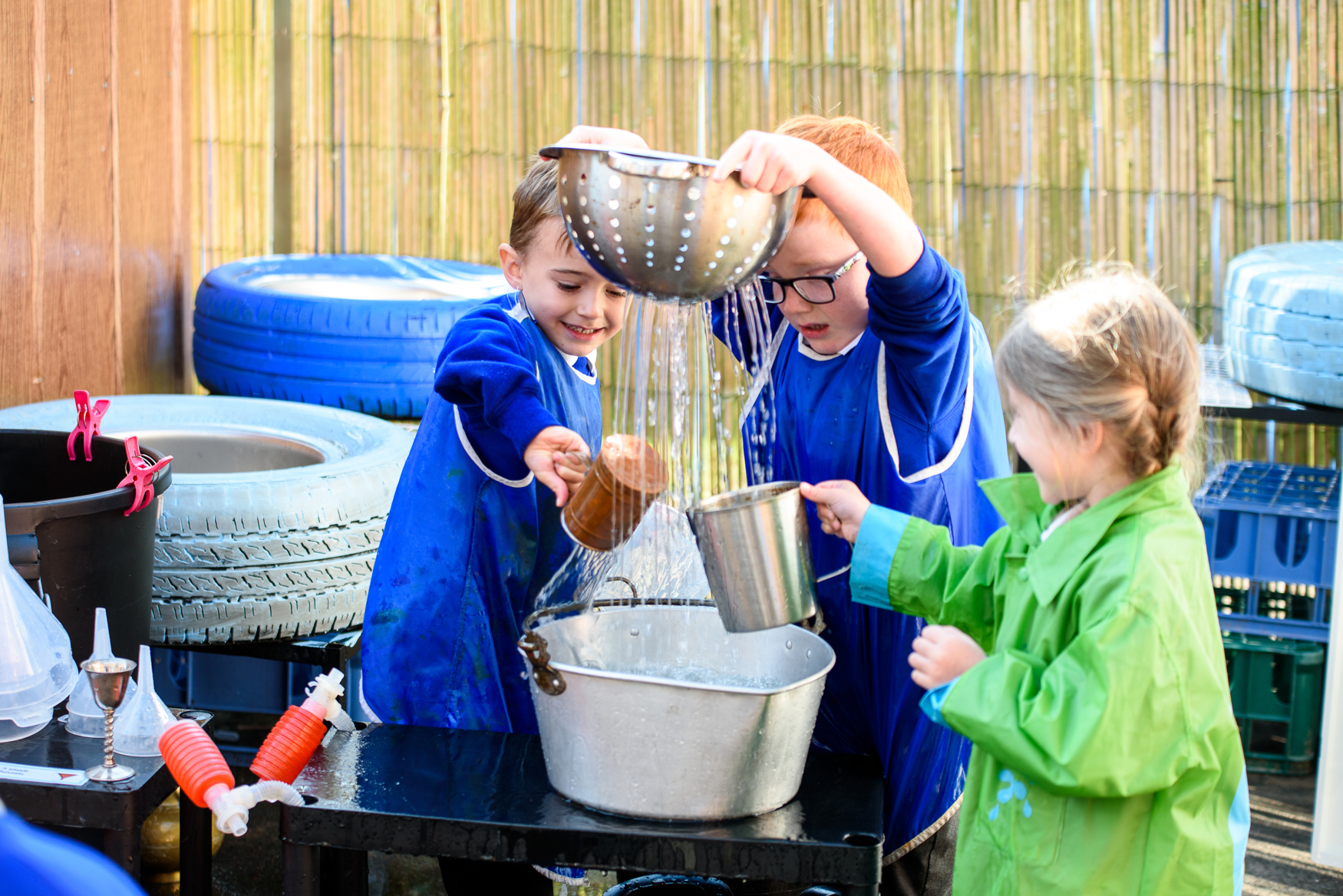
Know that with practise anD kindness you can work with anyone.
EYFS - Preparing to succeed
- I am happy when teammates achieve or are recognised in class, during shout-outs or in celebration assembly
- I can walk in a straight line, with my class; I do not disrupt others in the line
- I try to talk to, and let everyone join in with my play
- I set a good example to other pupils with my words and actions
- I help tidy up
KS1 - Showing core values in our actions
- I use a loud, proud voice so that everyone I am talking to can hear me
- I keep my voice off when an adult is talking so that my classmates can focus
- I notice when my teammates do things well and I compliment them on it
- I don’t brag when I win, and I don’t get upset when I lose
- I listen when my classmates are sharing ideas
- I only say things which are kind, helpful or true
- I notice if a group member needs help and I offer help without judgement.
KS2 - Getting into achievement / cultivating good habits: we are what we repeatedly do
- I do my part to make my class a place where everyone feels part of a team
- I do my best to help meet class goals
- I use a kind voice and kind words with my teammates and all adults
- I speak ‘loud and proud’ when contributing in class
- I can contribute ideas when working on group projects
- I listen to other members of my team and value their input
- I am able to take a lead in a team and encourage team mates
- I win or lose graciously
- I can support my teammates when they are finding things tricky
- I work well with any partner.
- I am a good learning partner
- I take turns and jin in
- I include thers
- I share my ideas
- I stp to listen and I think about what others say
- I am kind and use kind wrds
- I lok at my partner
At home
How well do you take turns?
How often do you play a game together and manage winning and losing?
Are you part of a sporting team?
Resilience and Perseverance
Every day we get out of bed and bravely show up not knowing what each day will bring. We see the images of what perfect looks like and know that we are not. But we are good enough as we are- unique, connected to people who love us and prepared to do our very best each day and that is enough.
In school, we praise those who put themselves on the line and risk getting it wrong because that is how we learn. We praise the courage of having a go when you are not sure rather than the answer. Be confident that your answer maybe wrong, but there is nothing wrong with you.
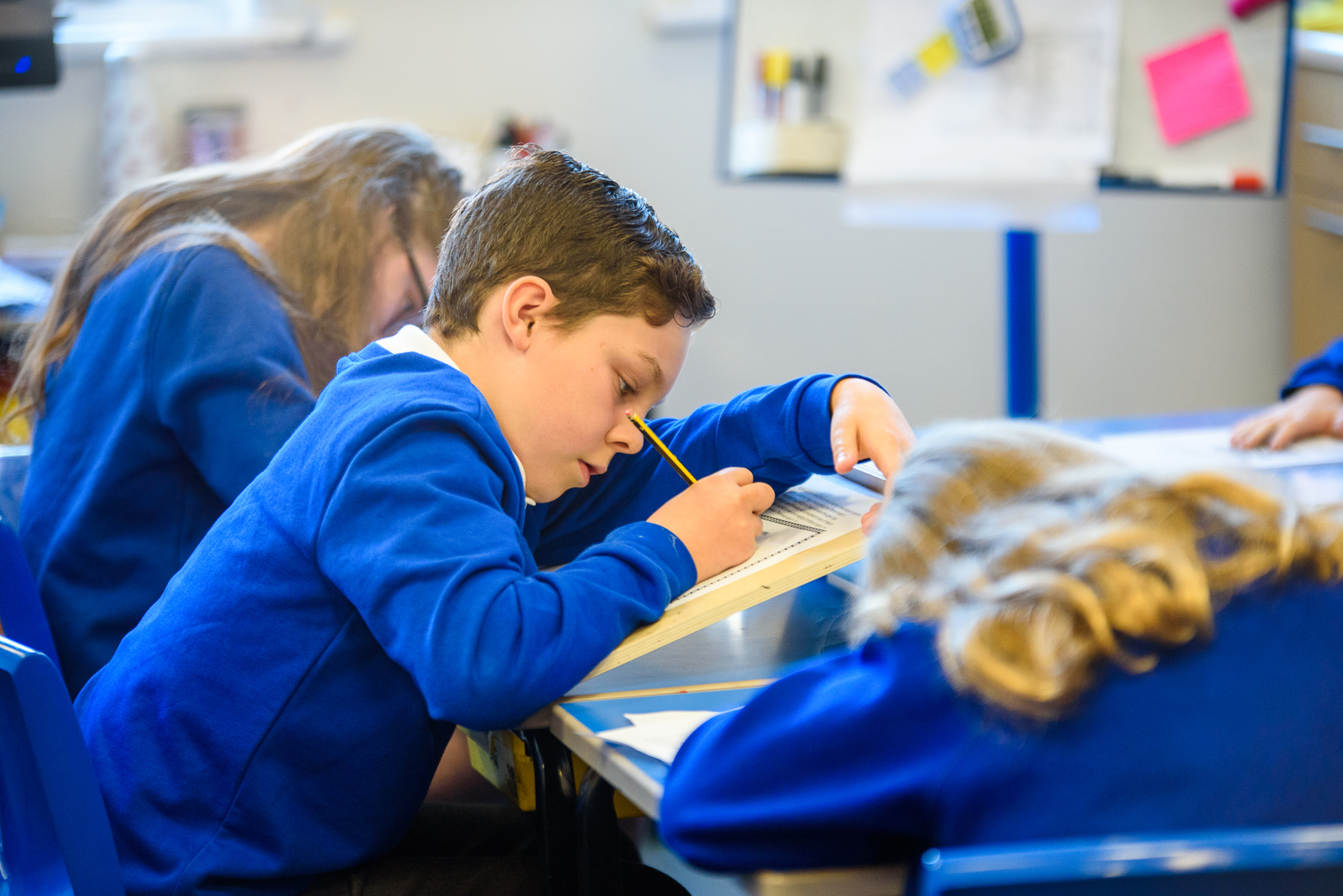
Know that you are valued and loved for being you.
EYFS - Preparing to succeed
- I don’t give up even when things are hard
- I learn from my marvellous mistakes
- I talk positively about my struggles to learn
- I am kind to myself when learning is tough
- I acknowledge my learning mistakes in a positive way
KS1 - Showing core values in our actions
- I contribute in class even if I am not sure I will get the right answer
- I always tackle new learning with a positive attitude and with courage even if I am feeling unsure
- I do my very best to focus and learn
- I don’t give up even when things are hard
- I give things a go before asking an adult for help
- I learn from and celebrate my marvellous mistakes
- I try my hardest in every piece of work that I do
- I know that I get better if I keep practising at school and at home
- I look for links between my learning in one topic, subject or class an another
KS2 - Getting into achievement / cultivating good habits: we are what we repeatedly do
- I try my hardest on every assessment
- When I make mistakes, I don’t get upset - I learn from them
- I am happy to make mistakes when I am learning something new
- I only ask for help when I am really stuck.
- I embrace challenges
- I know and show that success comes from working hard on everything I do
- I make suggestions about how to work things out and I will have a go even when I am not sure I am right
- I have another go if I don’t get it right the first time.
- I work hard to improve at the things I find harder
- I confidently join in with new learning
At Home
I talk about my learning positively
I talk about how I learned from my mistakes
I stick at things- eg I keep going to a club even if i am not immediately successful
I work on my spellings and tables
Why don't you:
learn to play an instrument, read a challenging book, learn a new sport, learn how to knit
Independence and responsibility
All of our class 4 pupils show responsibility, taking a leadership role within our community.
What makes a good leader?
- Positivity
- Integrity
- Humility and gratitude
- Enthusiasm
- Self-efficacy
- Diplomacy
- The ability to put others or the community first
- Courage
- Kindness
We can all be leaders but it is not without risk that we bravely show up and put ourselves on the line for others. We admire our pupil leaders for risking the voting system and putting themselves at risk of being not chosen by their peers.
Know that the only way to lose is by not trying- if you try you have won.
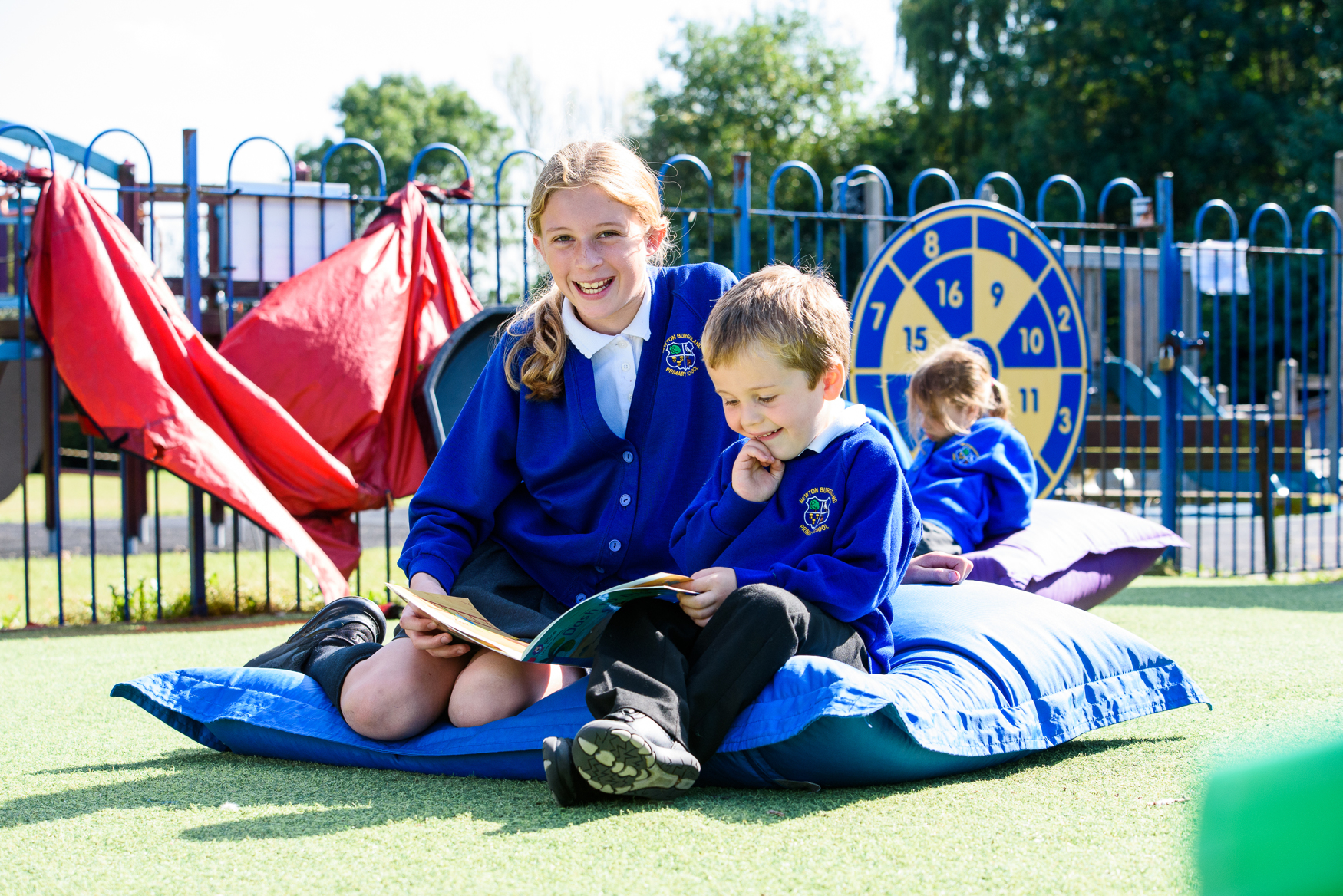
EYFS - Preparing to succeed
- I confidently join in with new learning
- I set myself goals and I work diligently to achieve my goals
- I take pride in my achievements and the achievements of others
- I keep my reading record/journal, books, coat and bag neat and my belongings tidy
- I use school equipment and learning tools carefully and considerately
- I try to solve problems and find solutions myself. If I can’t, I ask an adult for help
- I tell an adult when something is wrong or I feel worried about something
KS1 - Showing core values in our actions
- I do my part to help meet class goals
- I can accept consequences for my actions
- I can take responsibility by taking my possessions home
- I practise and look for strategies to remember my learning
- I am determined to achieve my learning goals
- I avoid distractions.
- I avoid distracting others.
- I use feedback and marking to improve
- My homework, spelling and reading is always completed to a high standard
- I remember to ask my parents to sign my Home reading record every week
KS2 - Getting into achievement / cultivating good habits: we are what we repeatedly do
- I am not distracted from my learning by myself or others
- I always complete my homework
- I ask if I am not sure what to do but I have a go myself first.
- I focus carefully on my work and I try my best.
- I can add to my work to make it even better or have another go.
- I practise my reading, tables and spelling at home
- I ask for feedback to improve
- I use my knowledge of what strategies have been successful in the past to support me with new learning
At Home
Complete your homework
Practise your times-tables
Help around the house
Diversity and Respect
To be kind to others we must first be kind to ourselves. it is OK to make mistakes to learn and move on. When we harbour guilt and shame it is hard to be happy. Acknowledge mistakes, apologise, ask for help from those you trust and move on. Practise being grateful for what you have, rather that dwelling on mistakes or the things you don't have yet. We promise to forgive and forget.
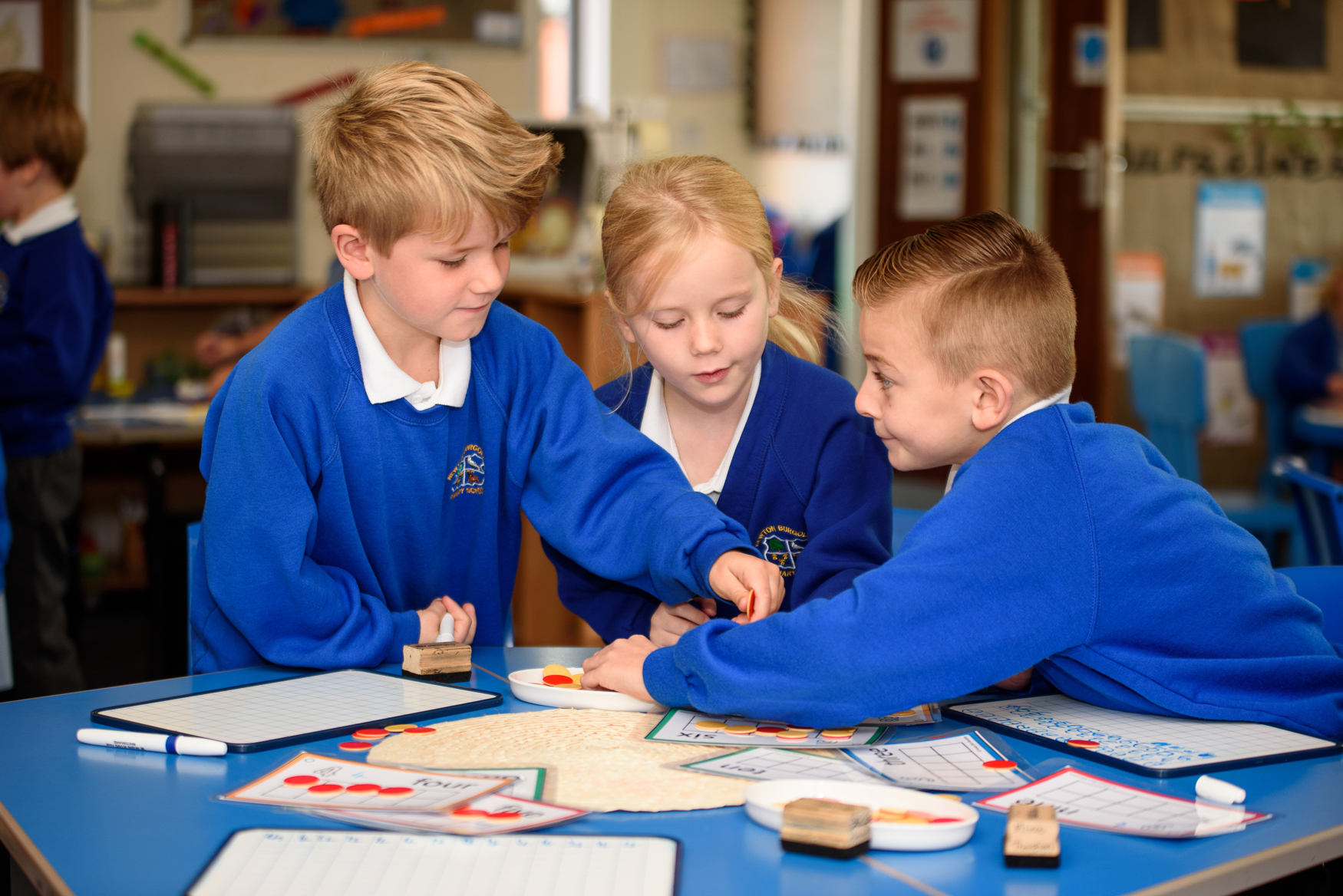
Don't let a mistake hold you back.
EYFS - Preparing to succeed
- I say please and thank you when appropriate
- I am kind to my friends and teammates
- I contribute to making our community better by picking up rubbish or tidying up even if the mess isn’t mine
- I care for my environment and always put my rubbish in the bin
- I am proud to be me
- I am proud of my achievements and the achievements of others
- I am interested in finding out about how other people choose to live so I can be respectful
- If I disagree with others I am polite and kind
- I know we are all different and special
- I say “good morning” and “good bye” to people
KS1 - Showing core values in our actions
- I hold the door for people whether they are teachers, team mates or visitors I don’t know.
- I make eye contact when talking to and listening to others
- I add value to class discussion by giving thoughtful answers
- I show respect for my learning environment and always try to keep it clean and tidy
- I always ask the question ‘how can I help, or make things better?’
- I look after school resources
- I understand the meaning of equality and work hard to promote equality in my school.
- My body language, tone of voice and facial expressions show kindness and care
- I am kind to myself and others when mistakes are made
- I work well with all other members of my class
- I respect the right of others to want to do something different
- I ask others questions about themselves when talking with them
KS2 - Getting into achievement / cultivating good habits: we are what we repeatedly do
- I am kind to everyone in our school community, whether they are my friends outside of school or not
- My code of ethics addresses the fact that I am part of a larger community and I try to contribute
positively to it
- I can contribute positively to my school community and make it a better place
- I will encourage others to produce work that they are proud of
- I offer my friends help and advice when they are in need
- I can talk at an appropriate volume in a public place
- I say please and thank you
- I think before I act
- I notice and praise others
- I undertake a leadership role in school with pride
At home
Be careful how you respond to news articles. Are you perpetuating unhelpful stereotypes? It is easy to make a throw-away remark based on the world we grew up in rather than rooted in the world of today and tomorrow.
What does equality look like at home?
Who are the role models for acknowledging mistakes?
How do you use mistakes for learning?
Who says sorry first?
Practise gratitude-you could have a gratitude jar and each add a marble a day for an aspect of the day which went well.
Enquiry, Creativity and curiosity
Great questions help us learn and change the world, for the better, if we keep doing the same thing, nothing will change. The problems we face will never be solved. We are responsible for the world of the future.
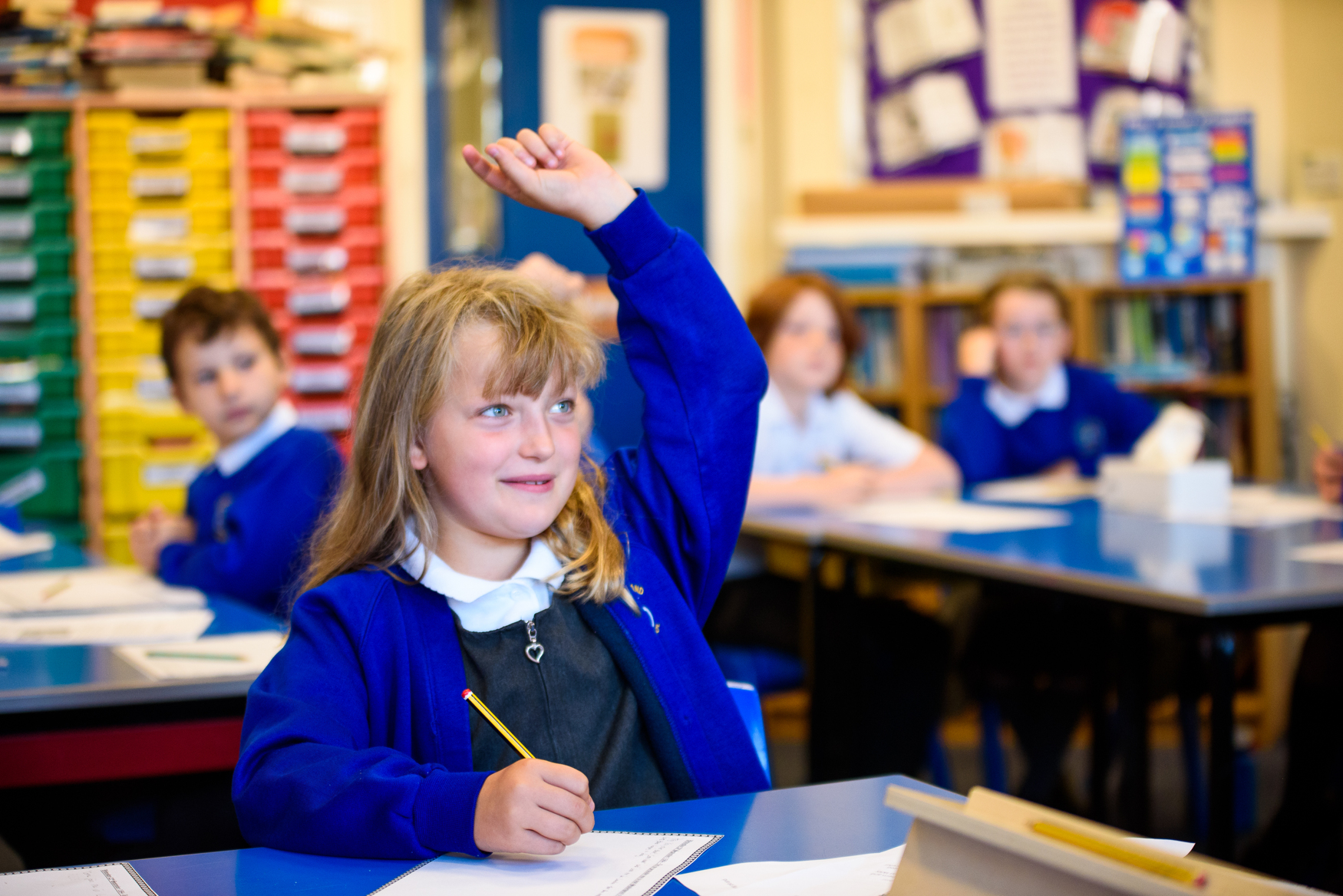
Know that no question is too silly to ask
EYFS - Preparing to succeed
- I am self-motivated find out more, independently, to support my learning at school
- I talk with others to support my thinking and I am open to hearing and building on different ideas
- I think carefully to solve problems, trying out different ideas to find the best solution, even if it was not my idea
- I ask thoughtful questions and look for answers
KS1 - Showing core values in our actions
- I ask relevant questions to find out more
- I do not expect to get the solution straight away
- I look for links between my learning to help me remember
- I enjoy solving problems, even when the solution is hard to find
KS2 - Getting into achievement / cultivating good habits: we are what we repeatedly do
- I think about my learning and ask questions to find out more
- I read to find out more
- I know how my learning today links to work I have done in the past
- I ask questions about my learning
- I can talk about my learning today and yesterday
- I look at books to find out more
- I listen to find out more
- I go above and beyond to learn more and to succeed
At Home
Ask your child about the questions thye asked today.







